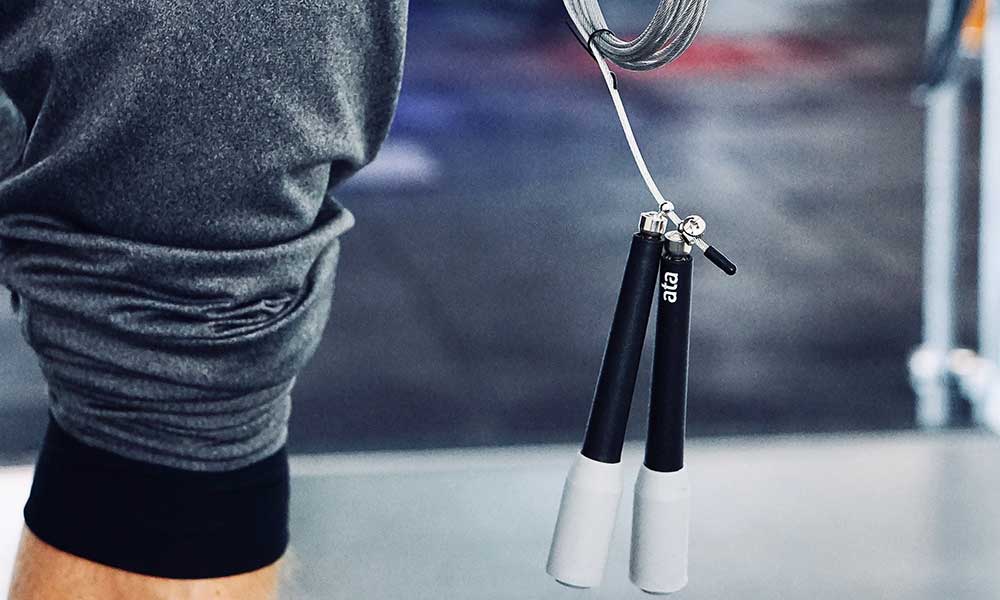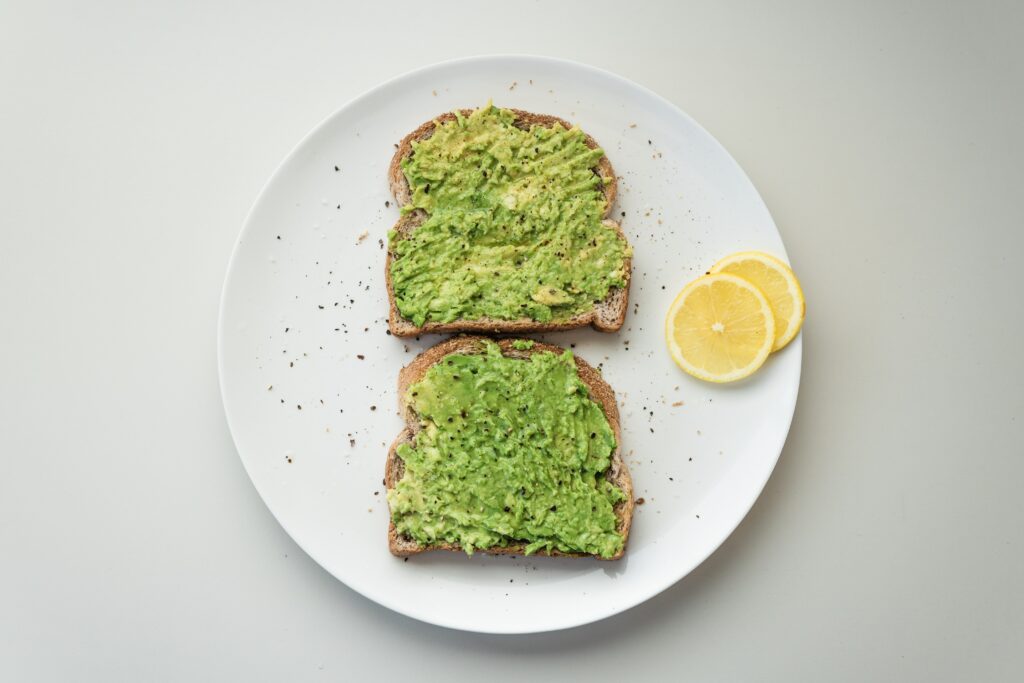For marathon runners—and all athletes—setting a new personal record (PR) or personal best (PB) is something to celebrate. Whether you are running a half marathon or a marathon race or just out running for leisure, it’s always a great feeling to feel stronger and increase your mile pace.
You can beat your prior personal running best by being very intentional with your training, including interval training, picking the right race and being mentally strong.
Interval training
Working in bursts of high intensity training followed by rest periods, then repeating, is a great way to get stronger and faster. For example, try this:
- 10-minute warm-up run
- 4 miles at a pace 5 seconds faster than your average pace
- 10-minute rest, walking or jogging
- Repeat 4 miles at a pace of 5 seconds faster than average
- Cool down
There are other types of intervals that runners do as well, such as a 1 minute on, 30 seconds off method where you run your fastest (or nearly) for 60 seconds, then rest for 30 seconds and repeat that 10 times. This is a method to gain speed, build muscles and build endurance, while giving your body a chance to rest in between.
If you’re working with a personal trainer for your marathons, talk about working interval training into your marathon training schedule.
Train to finish strong
Strides are a type of interval training that you can do at the end of your runs. At the end of your workout, plan to run 3-5 strides where you will increase your pace for 60 seconds then bring it back down for 90 seconds.
For example, you’re running the marathon, and as you approach mile 25, you look at your tracking device and realize that if you can just increase your mile pace by 5 seconds per mile, you’ll hit your PR, with this type of marathon training your body will be able to push just a little bit harder at the end.
Pick the right race
There are all sorts of marathons out there, each with their own set of unique challenges. You will want to run a marathon course that is relatively flat and straight in order to break the personal best. Hills and curves tend to slow you down.
This is why elite marathoners choose to run races like the Berlin marathon or the Chicago marathon to break records over the Boston marathon.
Weather can also be a factor. Running a summertime marathon or half marathon in a hot climate can also affect your marathon time.
Be mentally strong
Most marathon runners will tell you that they have a specific point of the race which is the hardest for them and it’s typically not the end. It tends to be somewhere in the middle where the fatigue begins to hit and the motivation drops. Even with the best physical training, you will require mental strength to get over that hurdle.
Especially for your first marathon, but for all runners alike, it can be helpful to break your race up into 3 or 4 groups. It’s very similar to breaking up a large task into several smaller tasks to make it easier to tackle and visualize.
For this, it is helpful to take a look at the specific route and find natural ways to section it off for yourself. Perhaps section 1 is 3 miles of flat, then section 2 is 6 miles of undulating hills and so on. It gives you specific bits to work on so you can feel small periods of accomplishment during your race, which in turn gives you a mental boost.
There are specific training programs to help you learn and practice mental strength as you prepare your marathon and look to finish faster.







